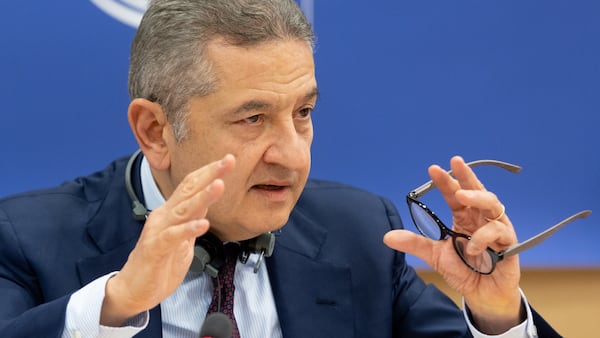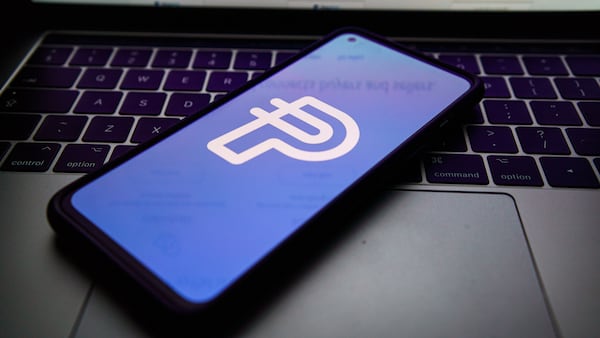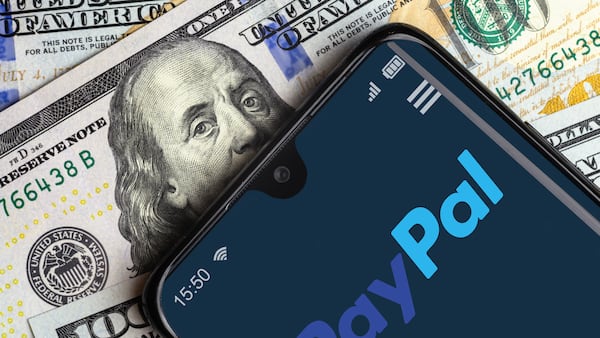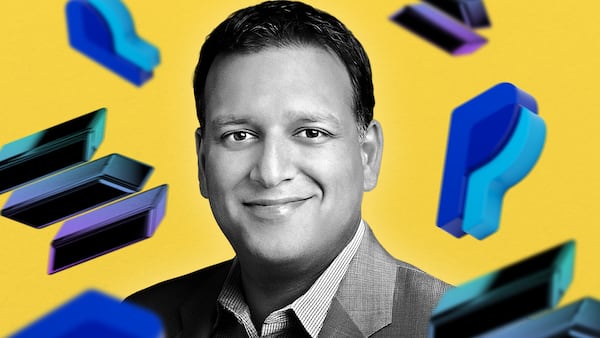- Circle's former growth lead for its USDC stablecoin is launching a crypto exchange.
- It's choosing to settle trades with PayPal's fledgling stablecoin over other, more established options.
A former Coinbase executive who was once stablecoin giant Circle’s growth lead is launching a new crypto exchange.
Exchange launches aren’t uncommon. But this one’s made an unconventional choice: It will exclusively settle trades using PayPal’s PYUSD stablecoin — a market underdog.
“By making PYUSD the default stablecoin on our exchange, we’re able to be a key part of the PYUSD ecosystem,” Vishal Gupta, founder of the new exchange called TrueX, told DL News.
Gupta said PayPal’s dominant position in the payment space outside of crypto was a key factor in choosing its dollar-pegged stablecoin over other options.
Stablecoin-native
TrueX’s launch comes after more than a year of behind-the-scenes development.
It’s a “stablecoin-native” exchange, meaning that all trades will ultimately settle to stablecoins instead of US dollars or other fiat currencies held in bank accounts.
This is different to US market leader Coinbase. It has grown into a $40 billion business settling crypto trades in US dollars or Circle’s USDC, which are interchangeable on the exchange.
Gupta said Coinbase’s model mitigates risks that have marred other crypto exchanges that let traders pool several stablecoins for collateral, or underwrite their trades with volatile assets like Bitcoin.
“We’re taking this evolution a step further,” Gupta said. “We leverage multi-legged orders that settle through PYUSD as the core.”
To facilitate this system, TrueX has partnered with Paxos, a New York-based firm that issues PYUSD on PayPal’s behalf.
The arrangement comes after the US Securities and Exchange Commission ended an investigation into Paxos in June. The regulator said it would not pursue enforcement action against Paxos in connection with its issuance of Binance’s BUSD stablecoin.
But choosing PYUSD could be risky — especially for a fledgling exchange looking to carve out a piece of an extremely competitive market.
PYUSD, the seventh-biggest stablecoin, has a circulating supply of just $730 million.
Market leader Tether’s USDT commands a supply of more than $118 billion. Even Circle’s stablecoin, where Gupta led the firm’s stablecoin growth for over a year, is more than 47 times bigger than PYUSD.
Choosing a smaller stablecoin means less liquidity — which can result in worse prices for traders. PYUSD also has fewer DeFi integrations compared to other stablecoins.
Cautious investors
Gupta said that settling trades in a single stablecoin allows the exchange to increase security by segregating asset custody and trade execution.
But there’s no guarantee customers will prefer TrueX’s system over those of more established exchanges.
Crypto investors are often cautious of smaller exchanges and prefer those with a proven track record. In the wake of FTX’s 2022 collapse, users and capital consolidated on Binance, the biggest crypto exchange globally.
Still, there are those willing to take a chance on TrueX.
The exchange already secured $9 million in seed funding. Investors include RRE Ventures, Reciprocal Ventures, Paxos, Accomplice Blockchain, Hack VC, Solana Foundation, and Aptos.
Gupta’s experience may also sway prospective clients. In addition to holding executive roles at Coinbase and Circle, he spent eight years at Goldman Sachs.
TrueX plans to kickstart the exchange using incentives, such as discounted trading fees, to lure in institutional clients.
It will also give out $1 million of company equity to top volume traders, a move similar to how DeFi protocols incentivise users by giving out governance tokens.
Tim Craig is DL News’ Edinburgh-based DeFi Correspondent. Reach out with tips at tim@dlnews.com.






